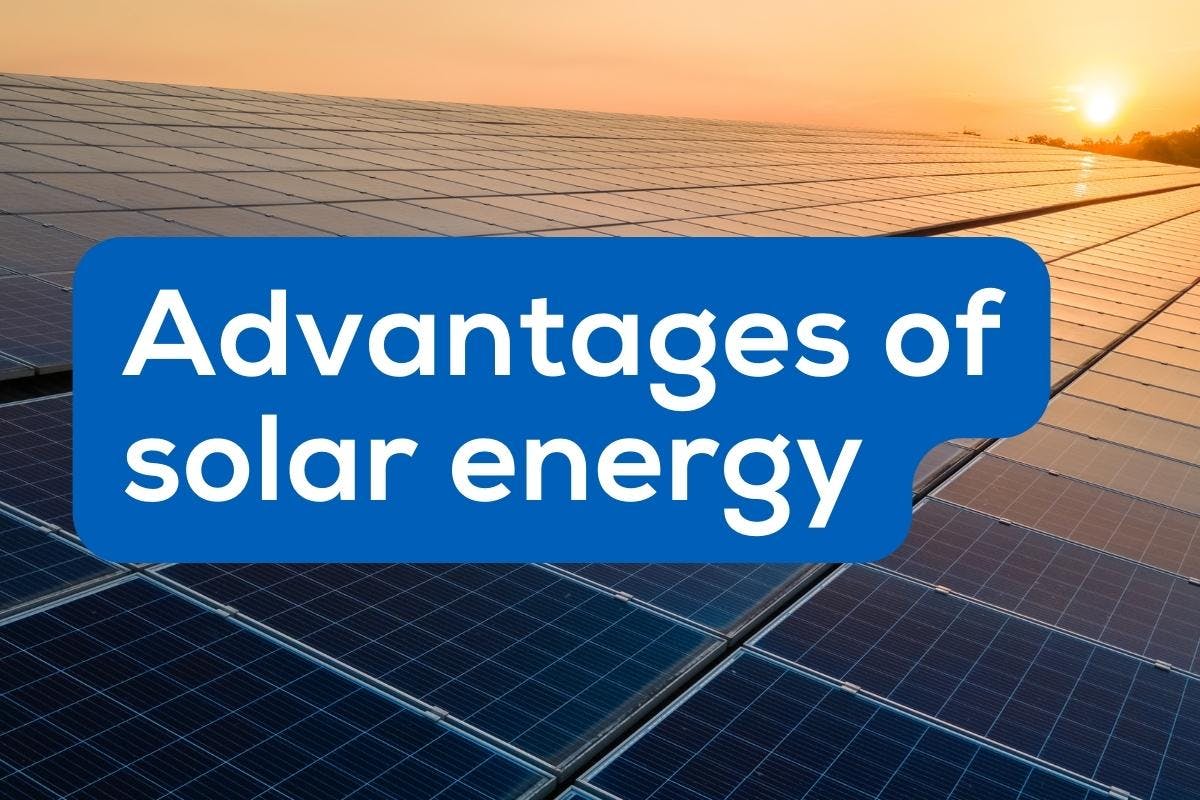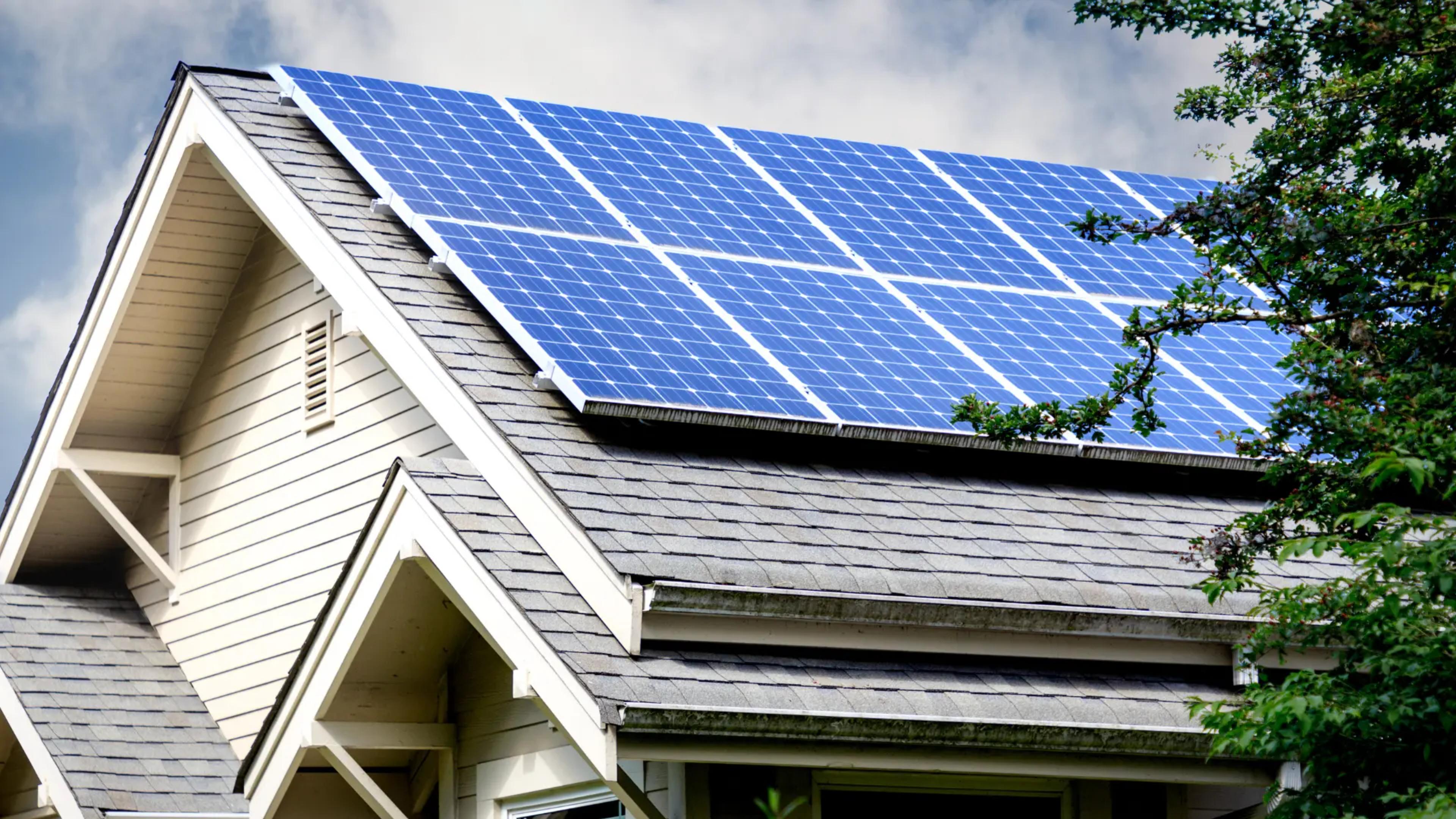Just How Solar Power Can Help You Save Cash and Minimize Your Carbon Footprint
The combination of solar power into your power profile offers a compelling possibility for both economic cost savings and environmental stewardship. As numerous federal government motivations come to be offered, the inquiry emerges: how can one effectively navigate the initial investments and continuous benefits of solar modern technology to optimize both economic and ecological gains?
Understanding Solar Energy Financial Savings
While the shift to solar energy commonly includes a preliminary investment, understanding solar power financial savings is vital for homeowners and services alike. Solar power systems can significantly reduce electricity expenses by utilizing the sun's power, translating right into considerable long-lasting economic benefits.
Additionally, solar energy systems may receive different economic rewards, including tax obligation debts and discounts, even more improving their cost-effectiveness. The accessibility of net metering enables customers to sell excess energy back to the grid, producing an additional revenue stream. These elements add to the total savings associated with solar power.

Along with guide monetary savings, solar energy uses the added advantage of raising residential or commercial property worth. Residences equipped with photovoltaic panels are commonly much more attractive to purchasers, as they assure lower energy costs - Simply Solar Illinois. Understanding these components is crucial for anyone thinking about solar power, as it highlights not just the possible economic gains, but likewise the wider environmental and economic advantages of taking on renewable resource solutions
Initial Expenses vs. Long-Term Benefits
When examining solar energy, it is very important to weigh the first expenses against the long-lasting advantages. The upfront financial investment for solar panels, installation, and associated equipment can be significant, usually varying from $15,000 to $30,000, relying on the system dimension and home energy needs. This first expense may hinder some house owners; nonetheless, it is essential to consider the potential cost savings over time.
As soon as set up, solar power systems can dramatically reduce or also remove monthly electrical power expenses, causing considerable long-term monetary advantages. Researches suggest that home owners can save anywhere from $10,000 to $30,000 over the life-span of their planetary system, commonly 25 years. Furthermore, many states use incentives, tax credit reports, and rebates that can balance out first costs, making solar a lot more accessible.

Reducing Your Carbon Impact
Reducing your carbon impact is an important consideration in today's eco mindful society, and embracing solar power is just one of the most effective strategies to attain this goal. Solar power is a tidy, renewable energy that substantially reduces reliance on fossil fuels, which are major factors to greenhouse gas emissions.

Moreover, the widespread fostering of solar innovation urges the advancement of green tasks and supports technologies in energy storage space and effectiveness. The even more individuals and click here to find out more companies purchase solar energy, the higher the collective decrease in carbon emissions, cultivating a cleaner ambience for future generations.
Federal Government Rewards and Rebates
Taking on solar energy not visit homepage only profits the environment however can also cause substantial financial cost savings, especially with the availability of federal government motivations and rebates. Different government, state, and local programs are created to urge property owners and organizations to invest in solar power systems, making the shift extra economical.
Among the most popular motivations is the Federal Investment Tax Credit Report (ITC), which permits solar system proprietors to deduct a significant portion of the installation expenses from their federal tax obligations. This incentive has actually been essential in reducing the upfront expenses connected with solar energy systems. Furthermore, lots of states supply their very own tax obligation credit scores, grants, and refunds that can additionally improve cost savings.
Moreover, some city governments provide building tax obligation exceptions for solar installments, making certain that home owners do not face increased real estate tax as a result of their renewable resource financial investments. Energy firms might likewise use incentives, consisting of web metering and feed-in tariffs, which permit solar energy customers to offer excess power back to the grid.
Picking the Right Planetary System
Selecting the appropriate solar system is important for making best use of power effectiveness and financial advantages. The decision hinges on numerous aspects, including power check requirements, budget, and readily available area. Property owners should start by evaluating their electricity intake to determine the system size required for optimum performance.
Following, think about the different sorts of solar technologies offered. Simply Solar Illinois. Photovoltaic (PV) panels are one of the most common, converting sunshine directly right into electrical power, while solar thermal systems concentrate on heating water. Each kind has distinct benefits depending on private requirements
Budget plan factors to consider are likewise extremely important. Preliminary installment expenses can differ considerably, so it is necessary to contrast quotes from numerous suppliers and explore funding alternatives. Government motivations and rebates can additionally lower the monetary burden, making planetary systems much more accessible.
Conclusion
In recap, solar power provides a sensible option for achieving significant cost savings while simultaneously decreasing carbon discharges. The preliminary investment, though significant, yields significant lasting monetary advantages, with prospective financial savings varying from $10,000 to $30,000 over 25 years. In addition, the environmental benefits of solar power add to sustainable methods important for combating climate adjustment. Federal government motivations boost the usefulness of solar modern technology fostering, urging a shift towards a cleaner, much more economically efficient energy source.